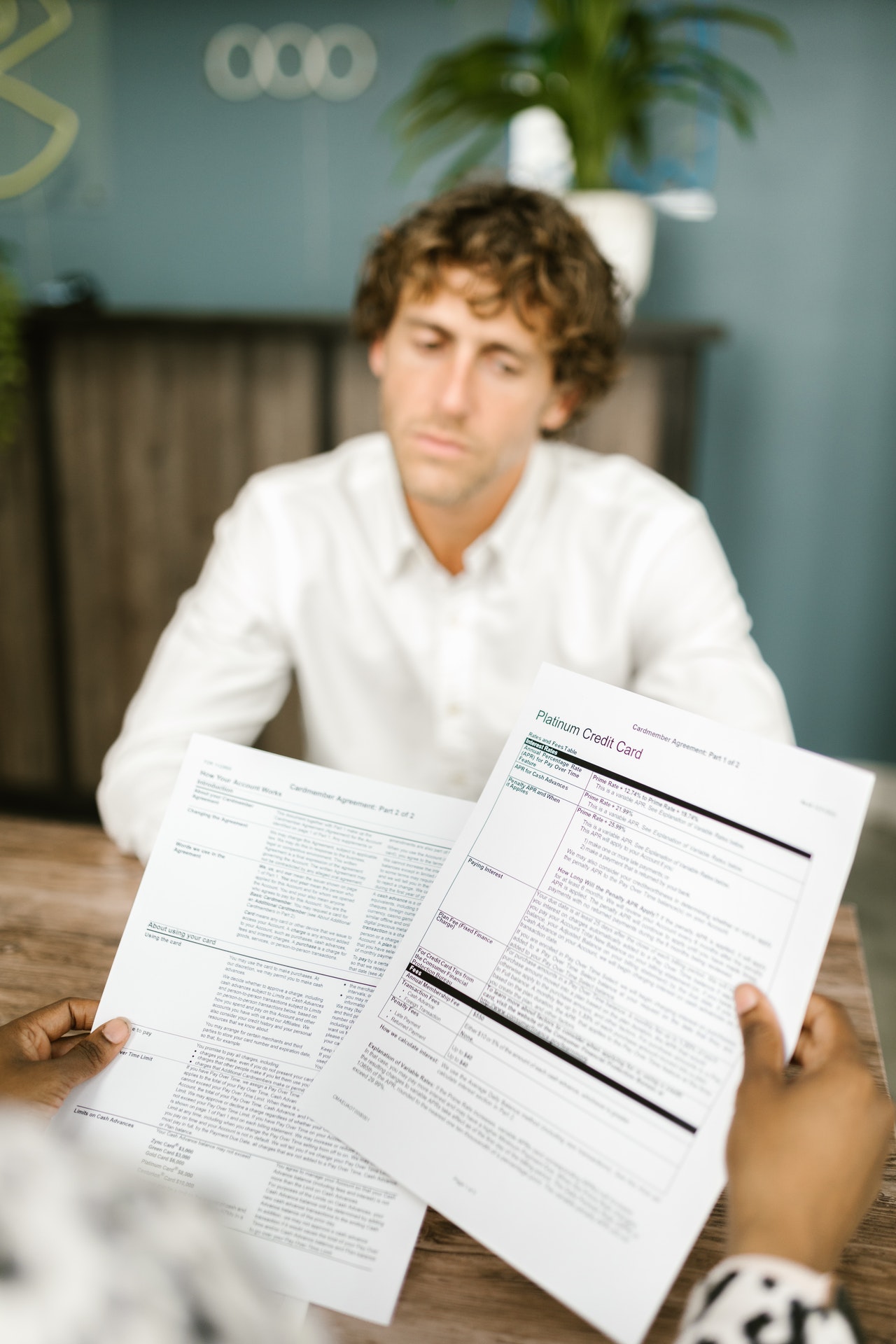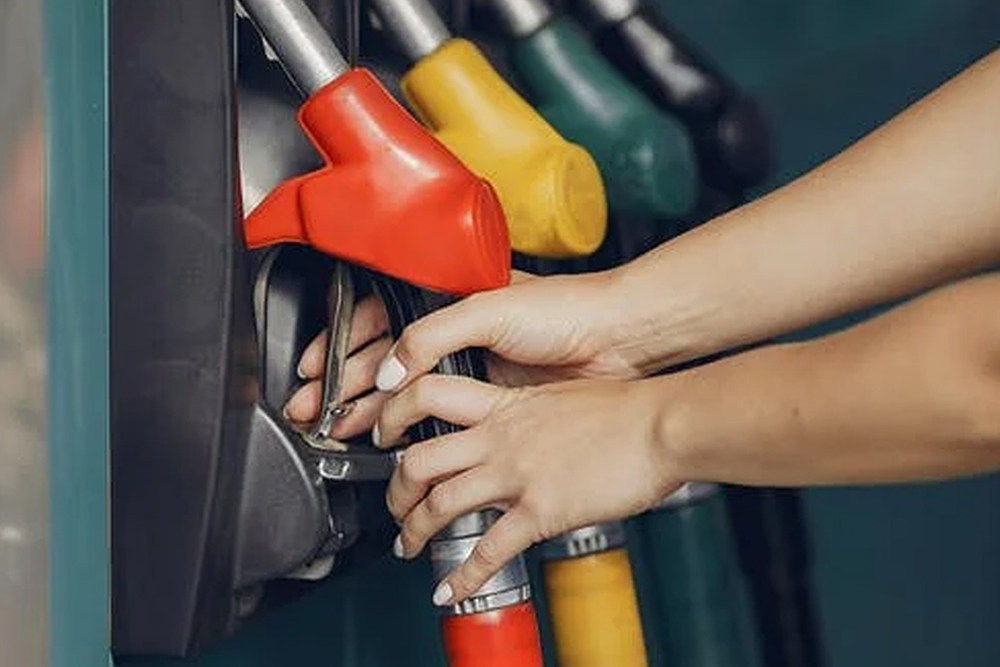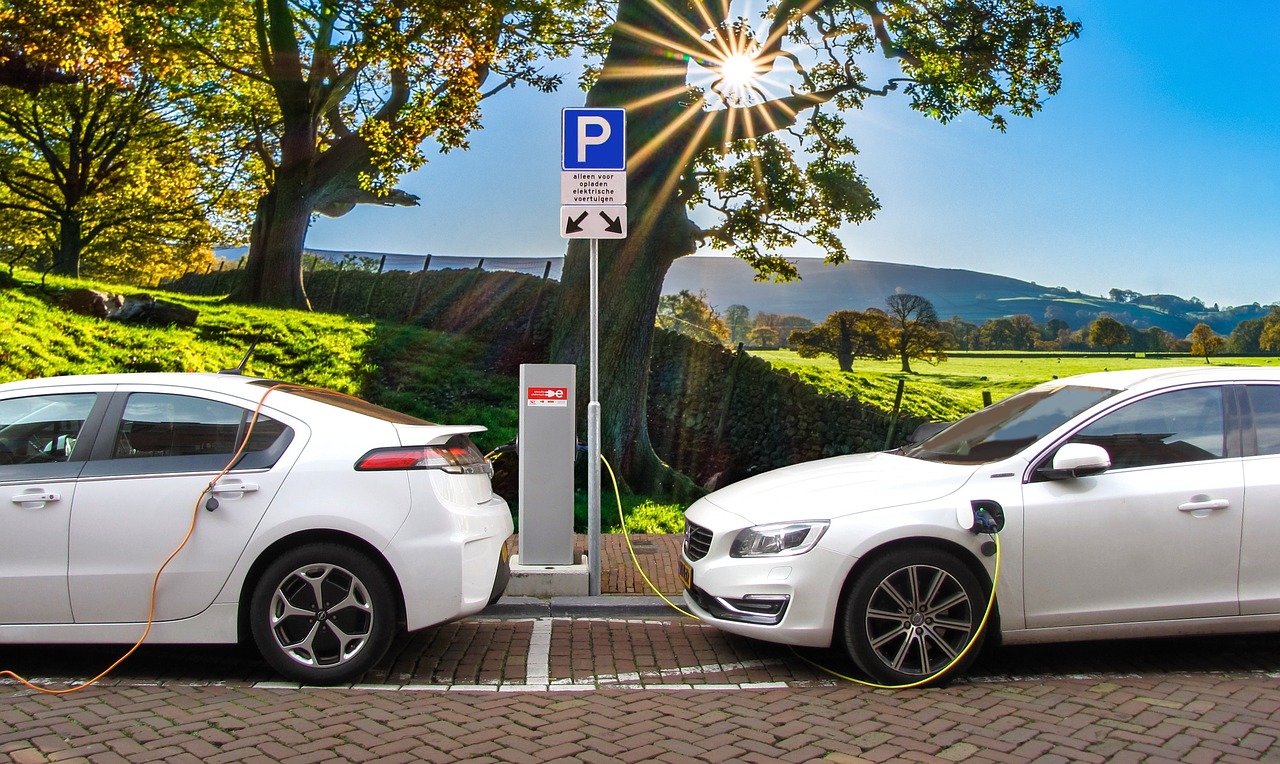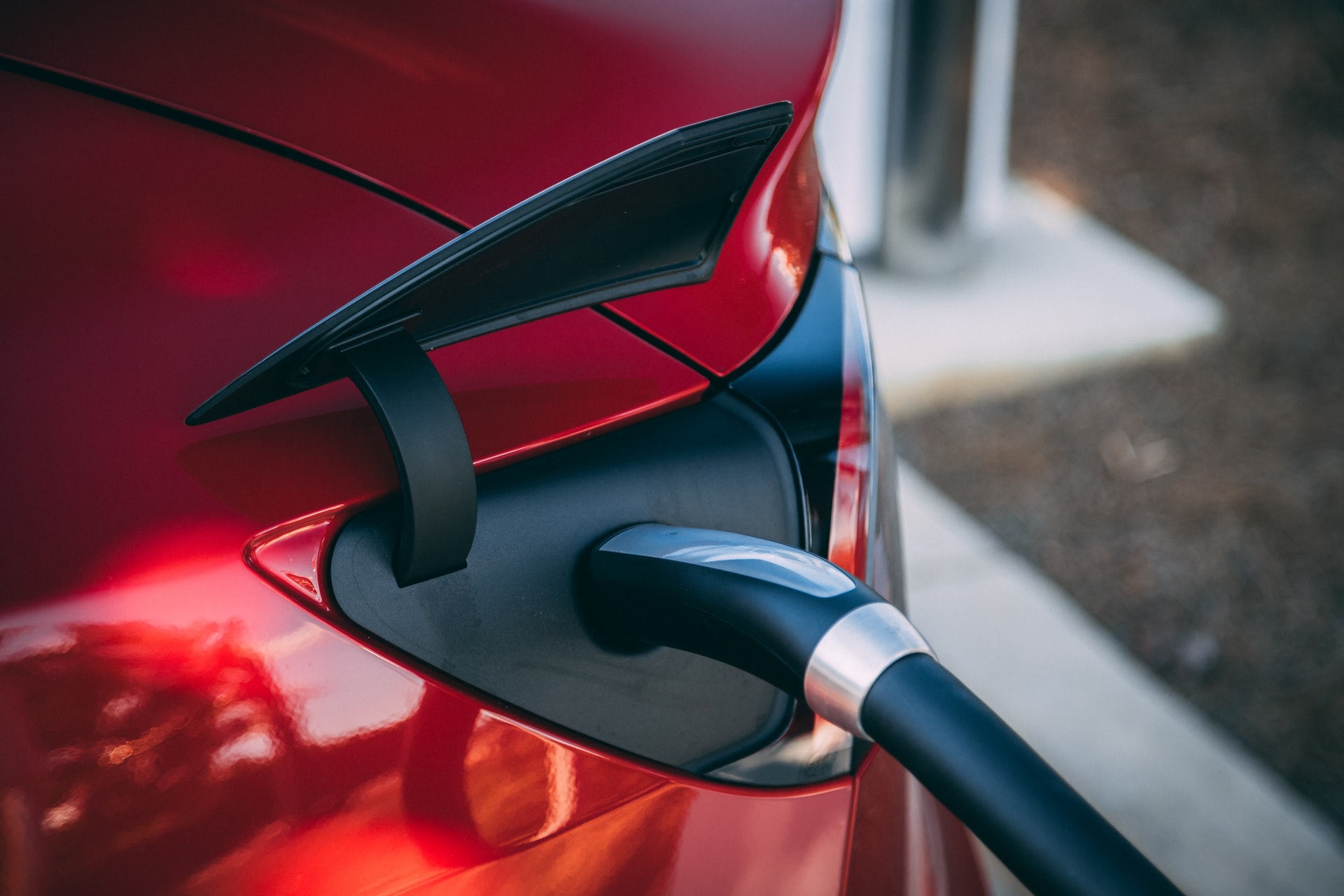

Roman Danaev
In the UK, when a car is damaged, it must be declared by law and categorised based on the severity of the damage. Category N, previously known as Category D, includes cars with non-structural damage that still run safely but need repairs. If you're unsure about these classifications, you're not alone. This article explores what modern Cat N cars are, whether they’re worth buying, and how you can make the most of them.
What is Cat N?
A Cat N car is a vehicle that has been written off by an insurer due to non-structural damage. The chassis and frame are unaffected, so the car can be safely repaired, insured, and driven again. Category N replaced Category D in 2017.
What is Category N? Meaning & definition
A Cat N car (short for Category N) is a vehicle that’s been written off due to non-structural damage, meaning the frame and chassis are untouched. While the damage doesn’t affect the car’s main structure, insurers might decide it’s too costly to fix and classify it as a write-off. The good news? Cat N cars can still be repaired and legally driven, making them a great budget-friendly option for buyers willing to do some restoration work.
The Association of British Insurers (ABI) introduced Category N in Autumn 2007, along with Category S, to replace the old Cat D and Cat C labels. This shift placed more focus on the car’s actual condition rather than repair costs, giving buyers a better idea of any damage history. These updated categories help you understand a car’s potential risks so you can make a well-informed choice—especially with non-structural write-offs like Cat N.
Why are there still cat c and cat d cars for sale?
Once a car is classified as Cat D, the designation remains with it for life, as insurers don’t re-evaluate these vehicles. That’s why you’ll still find many Cat C and Cat D cars for sale today. If you’re considering buying one, keep in mind that although they were written off, they often remain roadworthy and can offer good value with the right repairs.
What might category N damage entail?

Cat N damage is non-structural but still often requires key repairs to keep the car safe and roadworthy. Even seemingly minor issues, like hidden damage to the engine, steering, or brakes, can get worse if left unchecked. While a lightly damaged Cat N car might look like a great deal, making sure all repairs are done properly is essential for safety—and sometimes, those repairs can end up costing more than the car itself.
When considering a Cat N car, always check that its write-off status is clearly listed in its history. Unfortunately, some sellers may try to hide this detail. Running an HPI vehicle history check and confirming details with the DVLA (Driver and Vehicle Licensing Agency) can give you a clear picture of the car’s past and help you buy with confidence.
What are the other categories for insurance write-offs?
There are currently six main insurance write-off categories for cars:
- Category A: Cars in Cat A are too severely damaged to ever return to the road. They must be destroyed entirely and have no resale value.
- Category B: A Cat B car has critical body shell damage and is unfit for the road. Parts may be salvaged if they pass thorough inspection, but the vehicle itself can’t be driven again.
- Category N: Cat N vehicles have no structural damage but are still costly to repair. These cars remain roadworthy once repaired, making them popular with budget-conscious buyers.
- Category S: Cars in Cat S have suffered structural damage (e.g., damaged crumple zones or chassis) but can be repaired by a professional. Once fixed, they can legally return to the road.
- Category F: A Cat F car has minor fire damage but requires no major repairs. This classification is rare and typically reserved for cases where fire damage doesn’t impact safety or performance.
- Category X: Cat X cars have minor damage that doesn’t affect overall performance. They’re usually safe to drive and ideal for those seeking a lightly used vehicle at a discount.
Retired Categories:
- Category C: Replaced by Cat S in 2017, Cat C cars suffered structural damage but were deemed repairable, though costs might have exceeded their market value.
- Category D: Replaced by Cat N in 2017, Cat D cars had minor, non-structural damage that insurers decided wasn’t worth repairing.
Knowing these categories helps you assess a car’s history and potential repair needs, making it easier to find a safe, suitable vehicle for your budget.
Should I buy Category N cars?
Buying a Category N car can be a smart way to save money, as these vehicles are often much cheaper than similar models without any damage history. However, it’s crucial to make sure that all necessary repairs have been done to a good standard. For peace of mind, consider getting an independent inspection from a service like the RAC or AA, which can give you a detailed look at the car’s condition and sometimes spot issues that a standard used car check might miss.
If you’re buying from a dealership’s “used and approved” programme, you’ll probably pay a bit more but benefit from a comprehensive warranty. On the other hand, if you’re buying privately, it’s essential to do a full vehicle history check and get an inspection. These inspections usually cost under £100 but can give you useful insights into the car’s health and even help you negotiate a better price.
If you’re planning to keep the car long-term, a Cat N vehicle can be a great investment since you’ll get the savings upfront without needing to worry about resale value. Just remember that insurance might be more expensive, and not all providers will cover Cat N cars. Run the numbers to see if the savings are worth it and double-check the car’s history and condition before making a commitment. With the right research, a Category N car can be a fantastic way to save.
What Happens to My Insurance Policy If My Car Is Written Off?
If your car is written off under finance, it remains the property of the finance company, and you are still responsible for repaying the remaining balance, even if the insurance payout doesn’t fully cover it. With second-hand cars, the difference may be smaller, but you could still owe more than the insurance provides. Inform your finance company immediately if your car is written off and continue making payments until the matter is settled. Avoid stopping payments without notifying your lender to prevent additional financial issues.
How much does Category N devalue a car?
A Cat N classification significantly impacts a car’s value. Many buyers avoid written-off cars altogether, even if they’re offered at a much lower price. Others may still consider a Cat N car but only with a substantial discount compared to the standard market value.
How much does Cat N actually devalue a car? It varies widely, as many factors influence a car’s price, including age, mileage, colour, and overall condition, alongside the Cat N status. For an older car, you might see a reduction of a few hundred pounds. For newer or nearly new cars, however, the difference could be in the thousands.
Can I drive a Cat N car?
Yes, you can drive a Cat N car, but only once it’s been properly repaired and insured. After repairs are complete, a Cat N car can be driven like any other vehicle, provided it has a valid MOT (if over three years old) and insurance coverage.
If the car hasn’t been repaired yet, it won’t be insured following the write-off, even if it’s still roadworthy. In this case, avoid driving it until repairs are done and insurance is in place.
Selling a Category N car

It’s completely legal to buy or sell Cat N cars as long as their status is clearly stated. If you’re ready to sell your written-off vehicle, here’s some guidance to help you find buyers quickly and secure the best price possible.
Who needs to buy Category N cars?
There’s no single type of buyer for Cat N cars. Both private buyers and dealers may be interested in purchasing a slightly damaged vehicle to repair and possibly resell. A Cat N car can be an appealing option for those looking to save money and willing to invest in repairs.
Do Category N cars cost less?
Yes, a car that’s been written off will typically sell for less than an undamaged equivalent, even with the same age, mileage, and general condition. For resale, expect a Cat N car to fetch around 20% to 40% less than a similar non-written-off car. However, if you’re not planning to resell, a Cat N car could be a smart and budget-friendly choice.
Does insuring a Category N car cost more?
Insuring a Cat N car can work a bit differently from insuring an undamaged vehicle. Here’s everything you need to know about the potential costs and options for insuring a Cat N car.
Are cat n car insurance costs higher than normal?
Yes, insuring a Cat N car can sometimes cost more, but it varies by insurer. Some companies may charge higher premiums or even decline coverage, as written-off cars are often seen as higher risk. Insurers use their own algorithms, factoring in details like your driving habits, location, and the car’s history to assess the likelihood of a claim. If one insurer isn’t willing to cover your Cat N car, don’t be discouraged; other providers may offer competitive rates. It’s always wise to shop around for the best coverage for your safe, roadworthy Cat N vehicle.
Should I have my Category N car insured?
Yes, insuring your Cat N car is essential. Failing to declare its write-off status can invalidate your insurance. Even if premiums are higher, the upfront savings from buying a Cat N car (often up to 40% less than undamaged models) can still make it a worthwhile choice. Proper insurance also protects you in case of unexpected incidents, ensuring you’re covered.
Can I have my cat n car insured for less than a normal car?
Sometimes, yes. Because Cat N cars generally have a lower market value, their insurance premiums can also be lower. However, keep in mind that a lower market value will mean a smaller payout in case of an accident. To get the best rate, compare quotes from multiple insurers and consider companies that specialise in covering Cat N vehicles.
How to check if a car is category N
To find out if a car is classified as Category N, you’ll typically need to consult an insurance provider, as many online comparison sites don’t require this information. It’s up to you to confirm the car’s write-off status to ensure you have accurate coverage.
Is it possible to check a cat n car’s status on the internet?
Yes, you can usually check a car’s Category N status online. Many insurers and vehicle history services offer status reports where, for a fee of around £7 to £21, you can use the registration number to access a full history check. This quick step provides clarity on any previous write-offs.
What are the consequences of buying a Category N car by accident?
If you unknowingly buy a Cat N car, there can be some surprises. Insurance providers may offer reduced coverage or calculate payouts based on a lower vehicle value. To avoid these issues, always run a history check before buying. It helps ensure you’re fully aware of the vehicle’s past and protects your investment.
Can you repair a Category N car?
Yes, a Category N car can be repaired and put back on the road. Insurers determine whether a repair is worth the cost, often based on quotes from authorised repair centres. In the UK, insurance providers aim to restore the vehicle to its pre-accident condition, sometimes requiring manufacturer-approved parts.
However, you’re not limited to authorised centres. Many local mechanics can provide quality repairs at a lower cost, allowing you to restore a Cat N car even if insurers consider it uneconomical. This flexibility lets you choose a repair option that fits your budget without sacrificing quality.
How expensive is it to fix my cat n car?
The cost of fixing a Cat N car varies based on factors like the extent of the damage, the car’s make, and whether you can do any of the work yourself. Replacement parts, especially for certain brands, can significantly increase expenses. Before buying a Cat N car, estimate the full repair costs and consider that additional issues may arise. Planning for these potential costs helps you make an informed decision and avoid unexpected expenses.
Is it a good idea to get a cat n car and fix it?
Buying a Cat N car to repair can be a good choice, depending on what you need and your budget. If you’re planning to keep the car for yourself and are ready to invest some time and money, it can be a cost-effective option. Just make sure to get a thorough inspection before buying.
If you’re thinking about resale, consider the potential profit carefully. Will the repairs increase the car’s value enough to make it worthwhile? Unless you’re a mechanic, it’s wise to get a professional estimate on repair costs before committing. Many people have had positive experiences with Cat N cars, but it’s important to weigh the risks and stay realistic about the potential expenses involved.
Does a Category N car need a new MOT?
No, a Cat N car doesn’t need a new MOT simply because it’s classified as Category N. Since Cat N only covers non-structural or cosmetic damage, the car is still considered roadworthy. You can keep driving it as long as it has a valid MOT certificate. Just remember to stay on top of regular MOT checks to ensure the car remains safe and legal.
Is it possible to remove Category N from a car?
In the UK, a Category N classification is permanent and cannot be removed from a vehicle’s history. This rule helps protect future buyers by ensuring they know about any previous damage. Although it might seem restrictive, this transparency provides safety and builds trust by making a car’s full history accessible to anyone considering buying it.
Contents
- What is Category N? Meaning & definition
- What might category N damage entail?
- What are the other categories for insurance write-offs?
- Should I buy Category N cars?
- How much does Category N devalue a car?
- Can I drive a Cat N car?
- Selling a Category N car
- Does insuring a Category N car cost more?
- How to check if a car is category N
- Can you repair a Category N car?
- Does a Category N car need a new MOT?
- Is it possible to remove Category N from a car?
Latest News
| Loan amount: | £16,000 |
|---|---|
| Length of loan: | 60 months |
| Interest rate: | 12,9% |
| Amount of interest | £5,793.84 |
| Total payment: | £21,793.84 |





